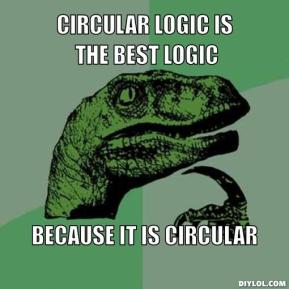My usual research process varies depending on the subject. In economics, my papers usually start with a statement in mind, then my research is geared towards supporting that statement. In my humanities courses, I usually start with the research first, then draw a thesis from all I have gathered, then do further research to support that thesis. This is especially helpful if there is absolutely no background in the research matter going in. What I’ve come to appreciate so far is that research is circular, and with such a large collection, it can definitely go off in any direction at any moment of time.

Start wherever, as long as where you start is anchored in your goals
This becomes even trickier when you aren’t quite sure what your goals are. The workshops have been quite eye-opening in the sense that they’ve sort of us given us hints of what direction we could take with the overall final deliverables of the internship. But the more I learn, the more I realize there’s more to learn. Which is exciting, but also kind of daunting for when it comes the time to align your goals and finally pursue a certain theme/publication.
I personally enjoyed the concept mapping most so far I had only come across it before in design thinking workshops and seeing it being applied in academia was something I hadn’t thought of before. The mapping examples we went through were very different from how I had encountered mapping before, which was through a more geographic lens, and not too much history embedded into it. Seeing it being used here opens up so much possibilities in my personal research aligned with my major here at Amherst, which I am excited about. On top of that the direction we took with the deliverables led us to shifting our focus to other publications which he hadn’t gotten a chance to look through yet, such as the Amherst Student. This again just reminded me of how not only the research guides the tool, but the tool can guide the research as well.
Update: Still unable to define digital humanities, but it is officially ingrained in my brain as a thing.
I definitely feel the same about the differing processes of research within academia! I’ve bounced from English to Art to Film to Architecture papers (often all 4 due on the same day *shudder*), and the process is curiously unique for each. I feel that my best work is for English, where the process is circular and revisions are major changes to content and form (like you describe the humanities).
One thing that’s been nice about our research this summer is that we aren’t constrained by time, like a regular paper. We can meander as much as we want. I just hope we don’t get lost along the way!